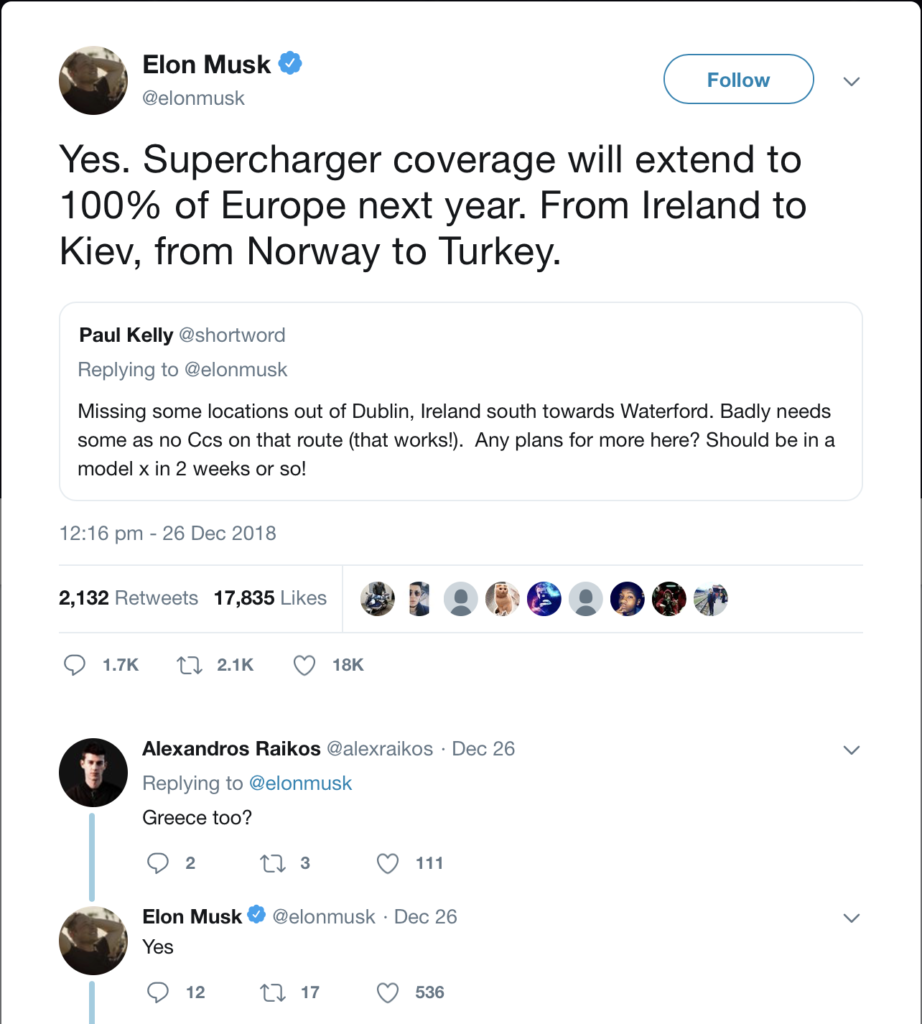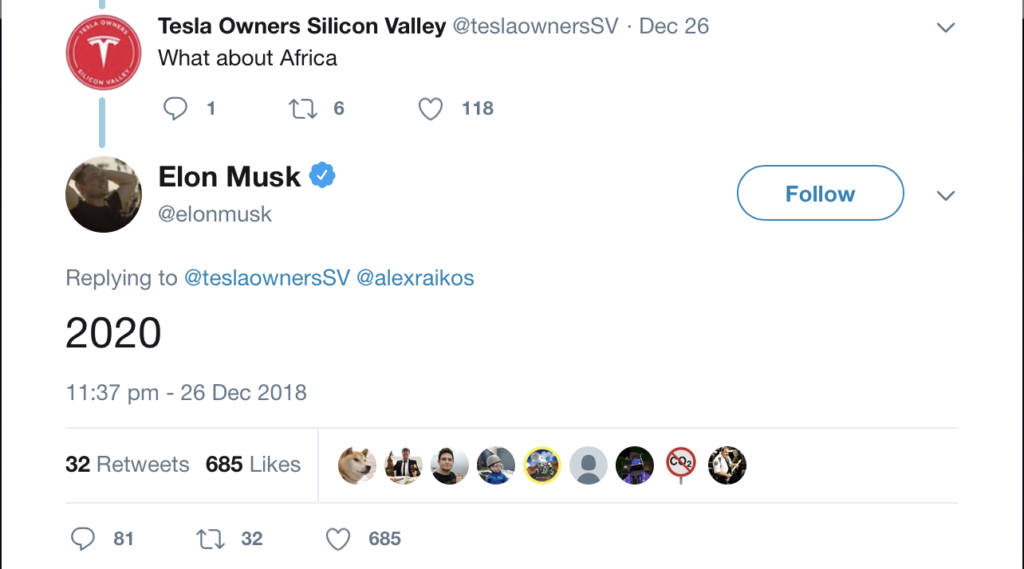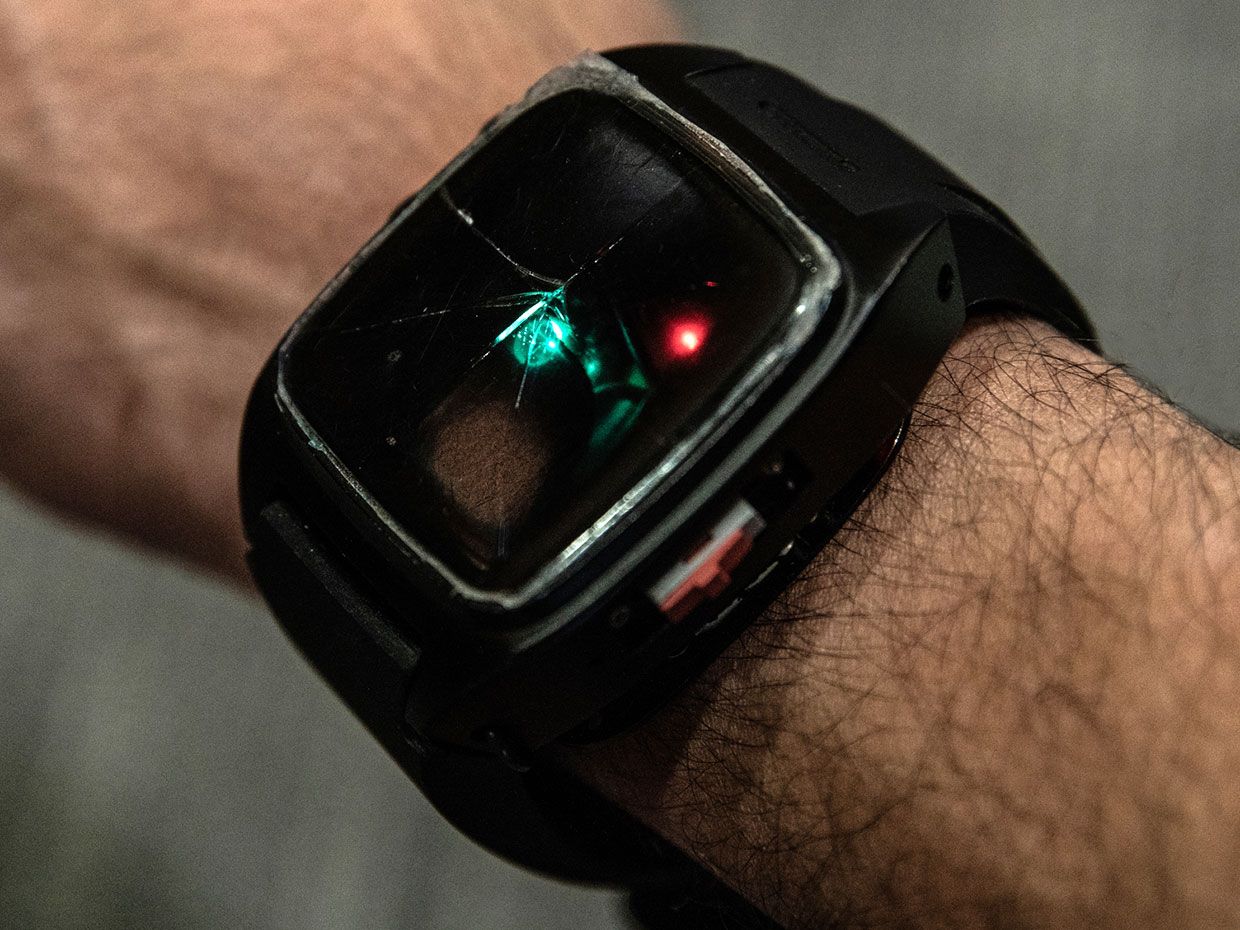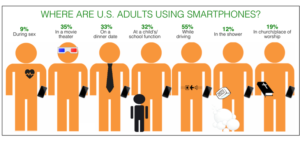Reading Time: 4 minutesJust before Christmas, New York Times surprised us with a ‘wonderful’ gift. A report that clearly shows that Facebook has been sharing our private conversations with major companies like Apple, Microsoft, Amazon, Spotify, Netflix, Yahoo and many more.

Discovered report included information of over 200 pages of leaked documents, which contained the data about secret partnerships with third-party companies, that enabled them to allegedly read, compose or even delete the messages. Regarding them as ‘partners’, allowed them to not be controlled with usual privacy regulations. The number of companies that was discovered, when it comes to that level of clearance was estimated to be over 150.
“The deals, the oldest of which date to 2010, were all active in 2017,” The Times reported. “Some were still in effect this year.”
Major companies that were included in the document started addressing the issue after the controversy bursted out. Moreover, all of the companies are trying to separate themselves from the scandal.
Let’s start with something ‘less dramatic’. I will give you a simple example of how it worked. In the report, New York Times stated that Facebook gave Apple access user’s contacts and calendar, even if the sharing option was switched off. This way they could access the useful data that they wouldn’t have otherwise. Apple publicly denied these allegations and declared that they had never requested that kind access and never used it.
What also probably will warm your heart is the fact, that one the biggest company in the world, Amazon, is also connected with this controversy. They retrieved user’s name’s and contact information from Facebook database. Organisation confirmed getting it all, but didn’t reveal why and what for they used the data.
The more frightening case is with Spotify, Netflix and The Royal Bank of Canada. They have been granted a full access to user’s information and even private conversations. Furthermore, these companies were allegedly able to read, compose and even delete messages. All of the organisations stated that they were not aware of this kind of ‘unique’ access and they were not involved in this matter.
“Over the years we have tried various ways to make Netflix more social,” a Netflix spokesperson told Business Insider. “One example of this was a feature we launched in 2014 that enabled members to recommend TV shows and movies to their Facebook friends via Messenger or Netflix. It was never that popular so we shut the feature down in 2015. At no time did we access people’s private messages on Facebook, or ask for the ability to do so.” —Netflix (@netflix ; Twitter)
“Spotify’s integration with Facebook has always been about sharing and discovering music and podcasts,” Spotify told Business Insider in an emailed statement. “Spotify cannot read users’ private Facebook inbox messages across any of our current integrations. Previously, when users shared music from Spotify, they could add on text that was visible to Spotify. This has since been discontinued. We have no evidence that Spotify ever accessed users’ private Facebook messages.” – Spotify (@Spotify ; Twitter)
The Royal Bank of Canada “disputed that the bank had any such access,” The Times wrote.
The problem lies in the law, because according to the 2011 Federal Trade Commission consent decree, Facebook isn’t violating any laws. Why you may ask? Well they do not need your permission to share your information to other companies, because they are partners, so they are sort of ‘cooperating’. This is a major issue and we can see that in many areas of law with many other cases. Countries and their regulations just can’t keep up with the growth of technological world. The whole process of creating new rules is just too slow. That’s something we should focus on looking forward.
As a result of this controversy, Facebook tried to defend themselves.
“Facebook’s partners don’t get to ignore people’s privacy settings, and it’s wrong to suggest that they do,” Steve Satterfield, Facebook’s director of privacy and public policy, said in their statement for Business Insider. “Over the years, we’ve partnered with other companies so people can use Facebook on devices and platforms that we don’t support ourselves. Unlike a game, streaming music service, or other third-party app, which offer experiences that are independent of Facebook, these partners can only offer specific Facebook features and are unable to use information for independent purposes.”

Facebook has encountered a lot of controversies lately, especially when it comes to the sensitive data they have been gathering from years from their users. They had many leaks, breaches, even the CEO, Mark Zuckerberg had to testify to USA Congress earlier this year. Taking all of that into consideration, do you still want to use Facebook?
Reference list:
- Gray, S. (2018, December 19). Bombshell report shows Facebook let companies like Spotify and Netflix read private messages. https://www.businessinsider.com/facebook-let-major-tech-companies-feast-on-user-data-2018-12?IR=T
- Keach, S. (2018, December 19). Facebook secretly let Netflix and Spotify read your PRIVATE messages – as tech giants rocked by bombshell report. https://www.thesun.co.uk/tech/8013861/facebook-netflix-spotify-private-messages-data-scandal/
- Muskit, S. (2015, July 14). What Does Happiness Mean To Mark Zuckerberg?. https://lifebeyondnumbers.com/happiness-mark-zuckerberg/
- Zuver, J. (2018, July 26). Drew And Mike – July 26, 2018. https://drewandmikepodcast.com/drew-and-mike-july-26-2018/

















